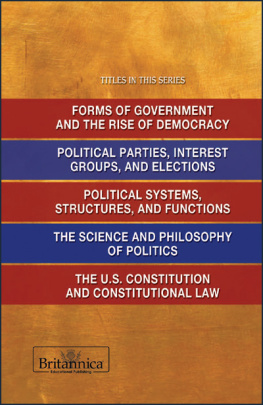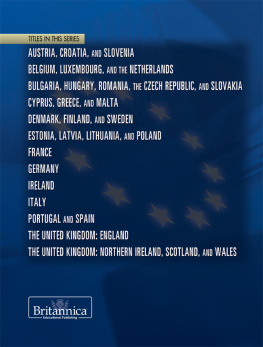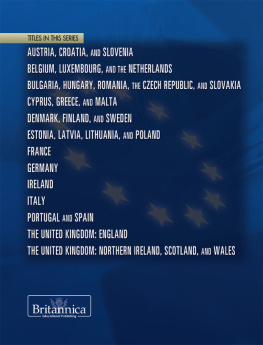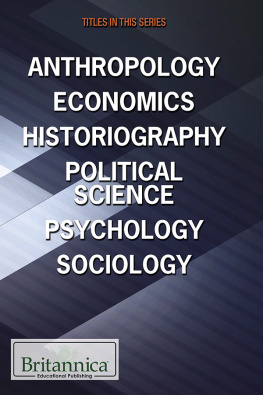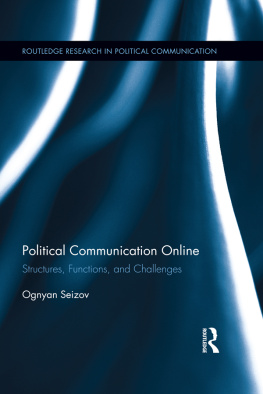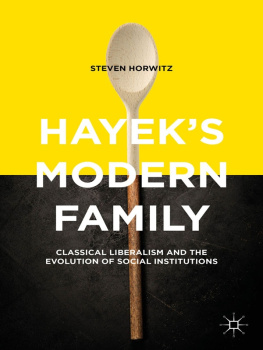POLITICAL SYSTEMS, STRUCTURES, AND FUNCTIONS
GOVERNANCE: POWER, POLITICS, AND PARTICIPATION
POLITICAL SYSTEMS, STRUCTURES, AND FUNCTIONS
EDITED BY BRIAN DUIGNAN, SENIOR EDITOR, RELIGION AND PHILOSOPHY

Published in 2013 by Britannica Educational Publishing
(a trademark of Encyclopdia Britannica, Inc.)
in association with Rosen Educational Services, LLC
29 East 21st Street, New York, NY 10010.
Copyright 2013 Encyclopdia Britannica, Inc. Britannica, Encyclopdia Britannica, and the Thistle logo are registered trademarks of Encyclopdia Britannica, Inc. All rights reserved.
Rosen Educational Services materials copyright 2013 Rosen Educational Services, LLC. All rights reserved.
Distributed exclusively by Rosen Educational Services.
For a listing of additional Britannica Educational Publishing titles, call toll free (800) 237-9932.
First Edition
Britannica Educational Publishing
J.E. Luebering: Senior Manager
Adam Augustyn, Assistant Manager
Marilyn L. Barton: Senior Coordinator, Production Control
Steven Bosco: Director, Editorial Technologies
Lisa S. Braucher: Senior Producer and Data Editor
Yvette Charboneau: Senior Copy Editor
Kathy Nakamura: Manager, Media Acquisition
Brian Duignan: Senior Editor, Religion and Philosophy
Rosen Educational Services
Jeanne Nagle: Senior Editor
Nelson S: Art Director
Cindy Reiman: Photography Manager
Brian Garvey: Designer, Cover Design
Introduction by Brian Duignan
Library of Congress Cataloging-in-Publication Data
Political systems, structures, and functions/edited by Brian Duignan.1st ed.
p. cm.(Governance: power, politics, and participation)
In association with Britannica Educational Publishing, Rosen Educational Services.
Includes bibliographical references and index.
ISBN 978-1-61530-747-0 (eBook)
1. Comparative government. I. Duignan, Brian.
JF51.P638 2012
320.3dc23
2011051613
On the cover, pp. (top): Flags of many countries flying outside the United Nations building in New York City. Shutterstock.com
On the cover (centre), pp. : Columns that make up the portico of the United States Supreme Court. www.istockphoto.com/Jeremy Edwards
On the cover, pp. (bottom): Rows of seats awaiting members of the European Parliament, an elected legislative body of the European Union. www.istockphoto.com/Jakub Wjtowicz
CONTENTS

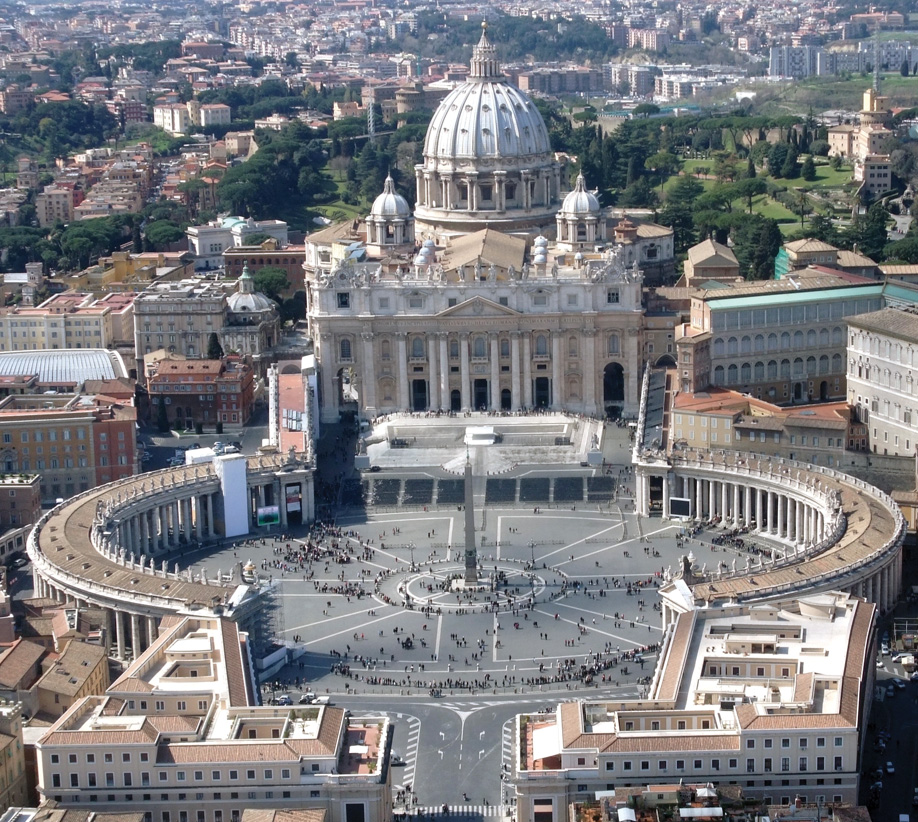
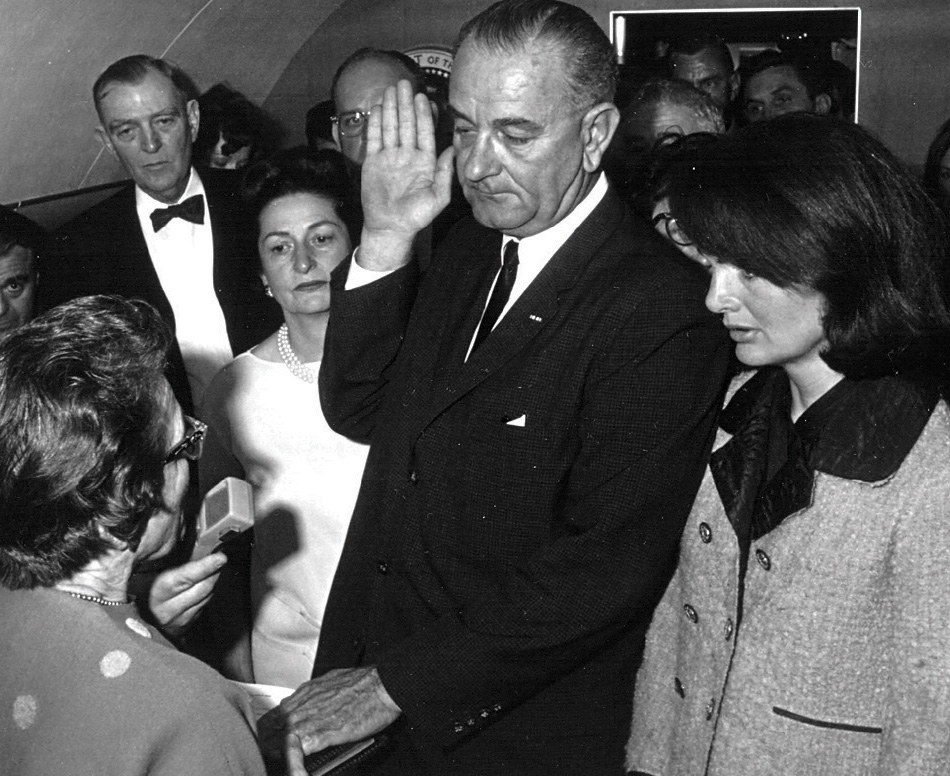


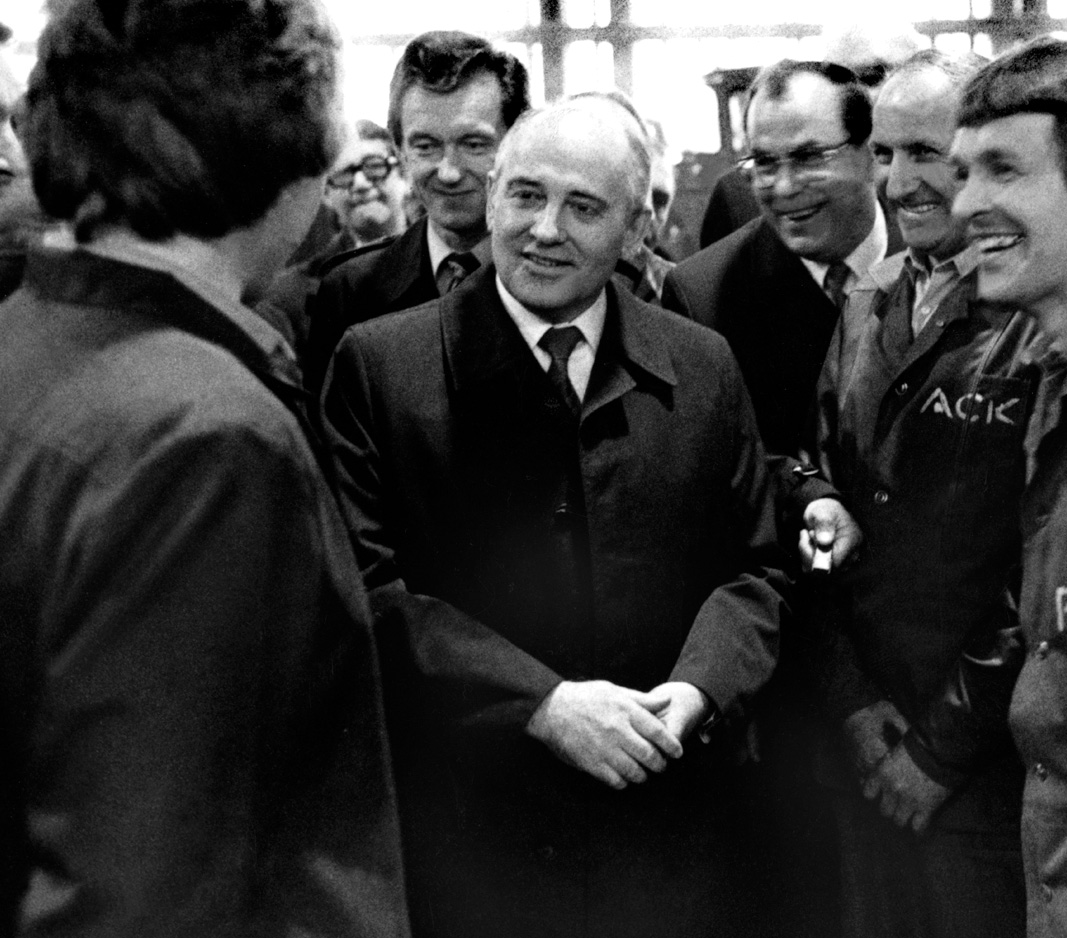


INTRODUCTION
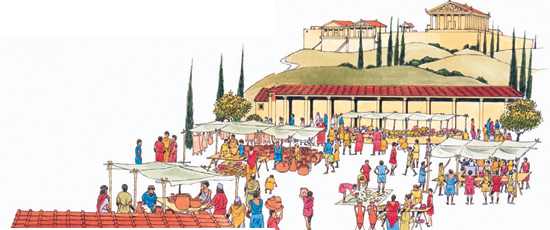
Illustration of a public market in ancient Greece. Aristotle emphasized the role of the city-state in enabling its citizens to flourish. Nick Hewetson/Getty Images
T he ancient Greek philosopher Aristotle famously observed that man is a political animal. By this he meant that it is natural and, indeed, necessary, for human beings to live together in political communities, or states. It is necessary that they do so in part because states are the only kind of community that is self-sufficient and therefore capable of ensuring the long-term survival of individual humans. More importantly, states are also necessary because they are the only kind of community in which it is possible to lead a life of human flourishing, characterized by the full development and exercise of the intellectual and moral virtues. Indeed, the chief purpose of a well-run state, in Aristotles view, is to enable its citizens to lead good lives.
This book introduces the major political systems of the world, giving readers an opportunity to deepen their understanding of the governments under which they live. Discussed herein are the common and distinguishing structures, functions, and processes of various political systems, as well as the history of their study, from ancient times to the present.
The kind of state Aristotle had in mind was the polis, or city-state, the most common form of political organization in ancient Greece. In his treatise the Politics, Aristotle undertook to survey the various forms of government exemplified in the city-states, to classify those forms systematically, to discover the conditions necessary for political stability and the causes of violent political change (revolutions), and to identify which form (or forms) were most conducive to human flourishing. His answer to the last question was that monarchy is the best form of government if the monarch and his family are of excellent ability and moral character. Otherwise, aristocracy is best, but again only if the ruling class is well-qualified. Because these conditions are infrequently attained in reality, however, in practice the best form of government is a mixture of aristocracy and democracy, which he called polity. (It is an idiosyncracy of Aristotles system that democracy in its pure form is more or less equivalent to anarchy, or mob rule.) In any event, a well-run state must be based on the rule of law and have political and economic institutions that respect basic principles of justice.
For his systematic empirical researches into the forms of government of his day, Aristotle is rightly regarded as the first political scientist in history. Although his classification scheme did not explicitly encompass political organizations larger than the city-statesome of which, including leagues and empires, existed in the ancient worldit was influential among political theorists and philosophers for nearly two millennia. Beginning in the 17th century, other schemes were developed (notably by Montesquieu) to describe and evaluate the forms of government of nation-states, which had gradually coalesced in Europe in the 15th and 16th centuries. With the emergence of the empirical discipline of political science in the 19th century, schemes of increasing complexity, taking into greater account the structures and functions of government, became commonplace.
Today there is an entire field of political science, known as comparative politics, that is devoted to analyzing and classifying different forms of government. Its objects of study are more properly called political systems, however, because they comprise not only the formal legal institutions through which nations are governed (that is, those institutions that may be established in a written or unwritten constitution) but also various informal or unofficial structures and processes, as well as the ways in which governments of all forms interact with aspects of the nations economy, society, and culture. Contemporary classifications of political systems may be based, as Aristotles was, on the number and aims of their rulersyielding, in Aristotles classification, the basic forms of monarchy versus tyranny; aristocracy versus oligarchy; and democracy (mob rule) versus polity. Or they may emphasize key institutions (presidential and parliamentary systems), principles of authority or legitimate power (charismatic, traditional, and rational-legal systems), forms of economic organization (capitalist and socialist systems), the economic class of rulers (bourgeois and feudal systems), the manner in which political power is transferred (by heredity, by election, by constitutional rule, or by force), the manner in which political power is exercised and controlled (autocratic and nonautocratic systems), or the stage of development of the system in question (traditional and modern systems).
Next page
